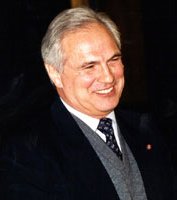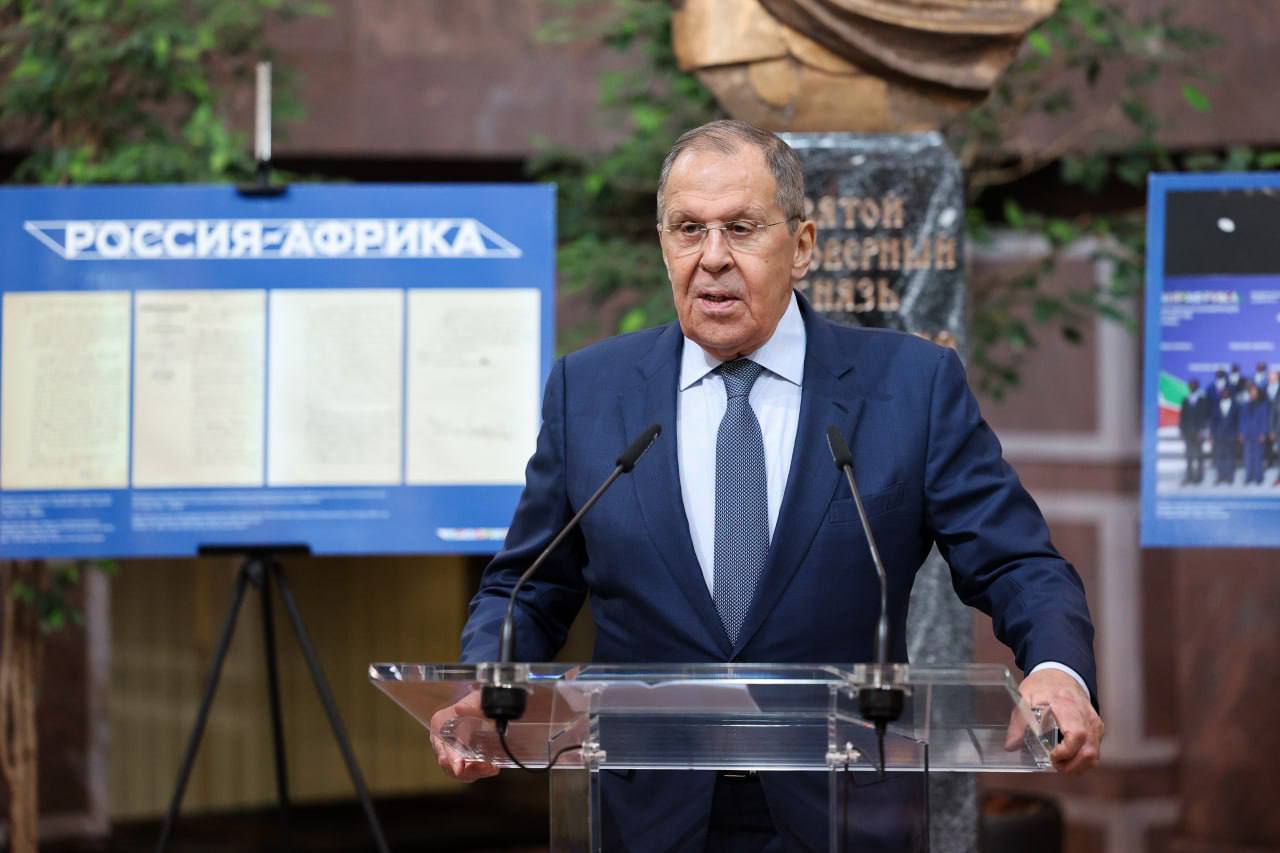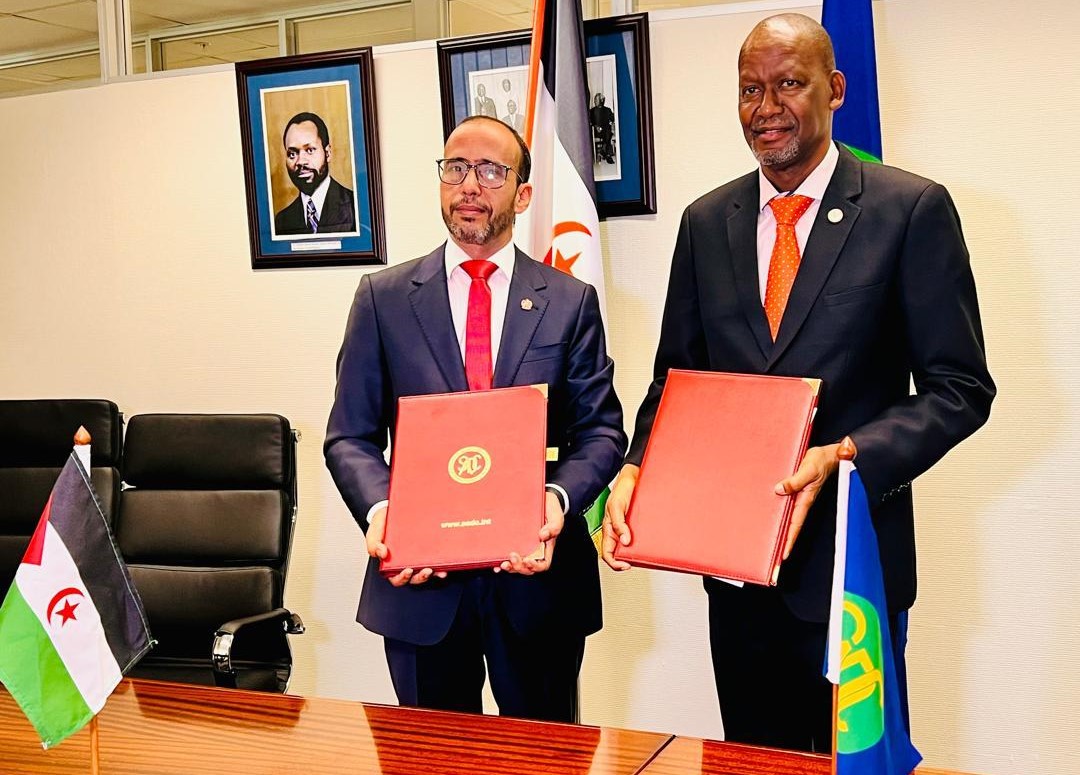
Ambassador-Ret-Christopher-Ross
by Christopher Ross*
The Atlantic Council’s blog has published an essay by an author from Morocco decrying the parlous nature of Moroccan-Algerian relations and positing that Algeria is responsible for perpetuating the conflict over the future of Western Sahara.
Algeria can speak for itself to address the one-sided account that Samir Bennis presents in that blog with regard to Moroccan-Algerian relations and Algeria’s role in the Western Sahara conflict. I for my part wish to address his partisan characterization of that conflict and of the efforts to resolve it – efforts to which I devoted eight years of my life as the Personal Envoy of the U.N. Secretary-General for Western Sahara from 2009 to 2017.

My interest throughout these years was not in the outcome of negotiations but in the need to ensure that the population most directly affected – the people of Western Sahara cited in successive Security Council Resolutions – had a voice in determining that outcome.
Mr. Bennis believes instead that the path to a settlement passes through Washington. He calls on the U.S. to put pressure on “the Algerian government to abide by … UNSC Resolutions … since 2018 …, to fully acknowledge its political responsibility for creating and prolonging this conflict and to negotiate a face-saving political solution with Morocco.”
In this approach, those directly affected by the conflict – again, the people of Western Sahara – are completely ignored even though their acceptance is essential if any settlement is to be just and lasting. Would that things were as simple as Mr. Bennis asserts.
The conflict over the Western Sahara dates not from any Algerian designs, as Mr. Bennis asserts, but from Morocco’s unilateral action to take over that colony by force as Spain withdrew in 1975-76 and the Polisario Liberation Front’s armed resistance, initially with Libyan support and subsequently with Algerian support.
Hostilities between Morocco and the Polisario lasted from 1975 to 1991, when the U.N. and the Organization of African Unity negotiated a “Settlement Plan” to which the two parties agreed. This plan foresaw a ceasefire in exchange for a referendum on the territory’s future and the creation of a U.N. peacekeeping force, MINURSO (Mission des Nations Unies pour l’Organisation d’un Référendum au Sahara Occidental), to monitor the ceasefire and organize the referendum.
Thirteen years of discussions to define the electorate broke down in 2004 because the parties could not agree on who could vote. James Baker, the first Personal Envoy of the Secretary-General beginning in 1997, resigned in frustration.
Renewed efforts to resolve the conflict began in 2007, when the two parties put forward proposals – Morocco for an autonomous Sahara under its sovereignty and the Polisario for a referendum of self-determination with independence leading to privileged relations with Morocco as an option.
Beginning in that year and in every year thereafter, the Security Council “Calls upon the parties to continue negotiations under the auspices of the Secretary-General without preconditions and in good faith … with a view to achieving a just, lasting and mutually acceptable political solution, which will provide for the self-determination of the people of Western Sahara.“
The four Personal Envoys named since 2007 have drawn their mandate from that Security Council directive and have worked to facilitate the negotiations for which the Council has called.
To date, this process has achieved no progress despite the 15 rounds of face-to-face talks that the first three Envoys convened from 2007 to 2019 and despite the continuing endeavors of the fourth Envoy to this very day.
It is fair to ask why no progress has occurred. The simplest explanation is that both parties have held inflexibly to their proposals thoughout the negotiating process, At each round, Morocco has declared that it will negotiate only on the details of its proposal for autonomy and has refused to address the Polisario’s proposal, dismissing it as outdated (caduc).
The Polisario has defended its proposal as consistent with the requirement of self-determination and innovative in describing possible privileged relations with Morocco. It has, however, also signalled that it is prepared to discuss the Moroccan proposal on the basis of reciprocity if Morocco agrees in return to discuss the Polisario’s proposal.
This Morocco has refused to do, leading to deadlock at every round. The Security Council has remained divided and unable to take steps to break this deadlock. Morocco’s desire to impose its autonomy proposal as the only subject to be discussed and the Council’s inabiity to act are, in the end, why the face-to-face negotiating process has led nowhere.
However, a deeper consideration is at work. Despite its words, Morocco’s actions demonstrate that it is not committed to negotiations “without preconditions and in good faith“ on the future of Western Sahara.
Instead, it seeks to control and delay the process to give itself time to build facts on the ground and wear down the commitment of the international community to finding a solution that is mutually acceptable and provides for self-determination.
It has suspended its participation for long periods over developments that displease it. Foremost among these was the former Secretary-General’s spontaneous reference to Morocco’s presence in Western Sahara as an occupation following his visit to the refugee camps around Tindouf, Algeria, in March 2016.
In response, Morocco ordered the departure of the civilian support component of MINURSO from Western Sahara, prompting months of tractations for its return.
Had Rabat been genuinely interested in negotiations, it would not have taken such a disruptive and distracting action. Many other examples of its delaying tactics could be cited, not least its drive to make Algeria its principal if not only negotiating partner in this conflict as if the population directly affected – the people of Western Sahara – did not exist.
Morocco is a sovereign country and can take whatever actions it deems appropriate to defend its interests. That said, as long as it balks from the need for some form of genuine self-determination that gives the people of Western Sahara – both those under Moroccan administration and those in the refugee camps – a voice in determining their future, no just and lasting settlement will be reached and no security and stability will come to North Africa.
- Ambassador (ret.) Christopher Ross, Personal Envoy of the U.N. Secretary-General for Western Sahara 2009-2017









